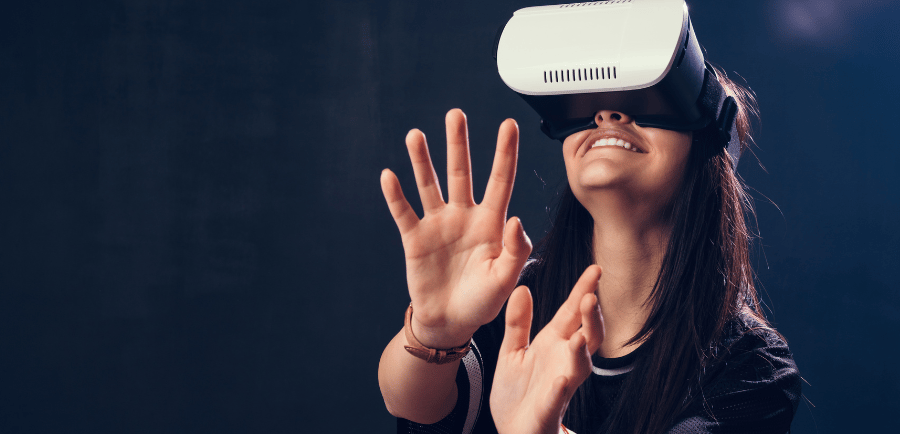Virtual Reality and Its Effects on Eye Health
As with any new technology, there are concerns about the potential impact of VR on our health, particularly our eye health.
12/24/20242 min read


Virtual reality (VR) is a rapidly growing technology that is changing the way we interact with the world around us. VR headsets allow users to immerse themselves in virtual environments, creating a sense of presence that can be both exhilarating and transformative. However, as with any new technology, there are concerns about the potential impact of VR on our health, particularly our eye health.
What are the potential effects of VR on eye health?
There are a number of potential effects of VR on eye health, including:
Eye strain: VR headsets can cause eye strain, which can lead to headaches, blurred vision, and dry eyes. This is because VR headsets require users to focus on a screen that is very close to their eyes, which can cause eye fatigue.
Motion sickness: Some people experience motion sickness when using VR headsets. This is because the brain receives conflicting signals from the eyes and the inner ear.
Changes in vision: There is some evidence that VR can cause temporary changes in vision, such as difficulty focusing on objects in the real world.
How can you protect your eyes when using VR?
There are a number of things you can do to protect your eyes when using VR, including:
Take breaks: It is important to take breaks from VR every 20 minutes or so. This will help to reduce eye strain and prevent motion sickness.
Adjust the settings: Most VR headsets have settings that allow you to adjust the brightness and contrast of the screen. You may want to adjust these settings to make the image more comfortable to view.
See an eye doctor: If you experience any discomfort or changes in vision when using VR, it is important to see an eye doctor.
Overall, VR is a safe technology for most people. However, it is important to be aware of the potential risks and take steps to protect your eyes. By following the tips above, you can enjoy the benefits of VR without putting your eye health at risk.
In addition to the above, here are some other things to keep in mind:
The quality of the VR headset: Not all VR headsets are created equal. Some headsets are better than others at reducing eye strain and motion sickness.
The content you are viewing: Some VR content is more immersive than others. This can make it more difficult to take breaks and can increase the risk of eye strain and motion sickness.
Your individual health: If you have any underlying health conditions, such as diabetes or glaucoma, you should talk to your doctor before using VR.
If you are concerned about the effects of VR on your eye health, it is important to talk to your doctor. They can help you determine if VR is right for you and can provide you with additional tips for protecting your eyes.
I hope this blog post has been helpful. If you have any questions, please feel free to leave a comment below.

